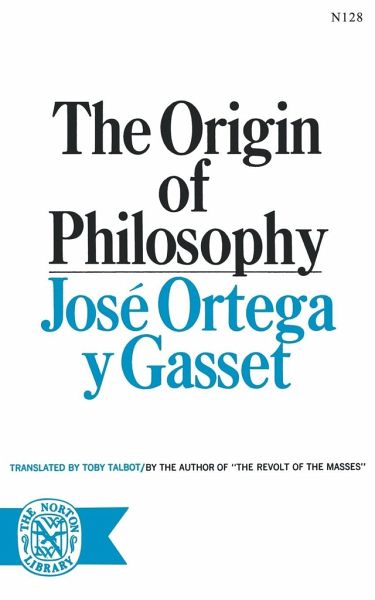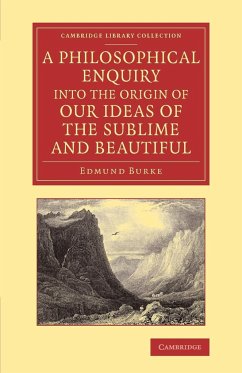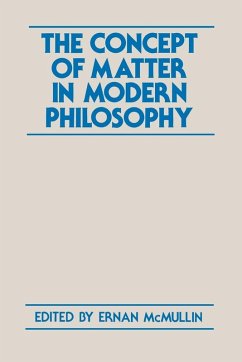
The Origin of Philosophy
Versandkostenfrei!
Versandfertig in 1-2 Wochen
16,99 €
inkl. MwSt.

PAYBACK Punkte
8 °P sammeln!
Writers think in images, philosophers in abstractions. However, when a reasoner also wants to be imaginative, says Borges, things go slightly awry, as witness Ortega, "whose good thought is obstructed by difficult and adventitious metaphors." Not surprisingly, in Ortega's unfinished essay, The Origin of Philosophy which we are told he regarded as potentially "the most important of his books," we find him paying close attention to the language, the nuances of Parmenides or Heraclitus, and speaking of the "need to compose an ultra-grammar of stylization." Ortega's attraction to the artistic properties inherent in dialectical processes is here, however, very relevant, for, in discussing the pre-Socratics and the background of philosophy in general, questions of etymology, even of rhetoric, are paramount: these bring us to the root of conceptual bases or cosmological formulations. "We do not know," Ortaga says wittily, "whether a dual world existed prior to philosophy"; and he cautions elsewhere, philosophy itself only "came about one fine day in Greece...with no guarantee...of its perpetuation." It is a pity this Spanish mandarin never completed such a brilliantly speculative work. (Kirkus Reviews)












